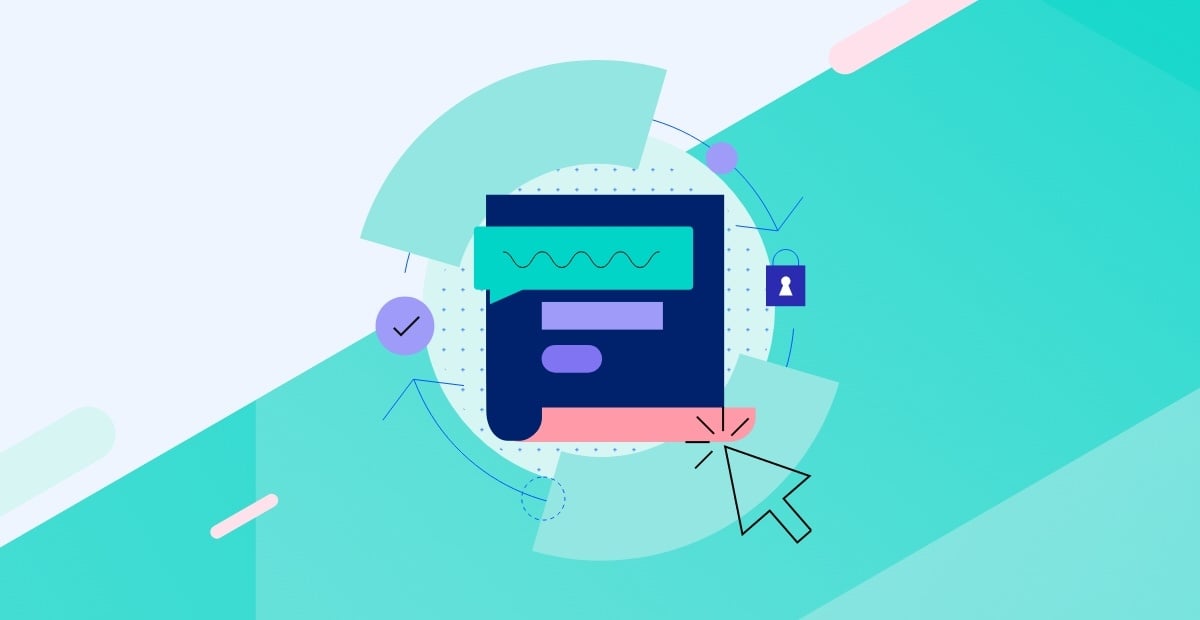Ways to Ensure Data Protection and Secure File Sharing of Personal Data

In today's age of the Internet, our personal data are stored on various servers, and they are continuously moving around. We need to realize how are the data handled, why it is like that, and how the process for data protection can be improved. Is there anything we can do to prevent big companies from mishandling our personal information? Is there anything the companies can actually do? Let's take a look.
Why data protection is such a big issue?
Over the last few years, we have heard of many scandals of big corporations losing or leaking personal information of their customers. Luckily, due to these scandals, personal data protection is getting more and more attention, and things are getting a little better. Or at least in some regions of the world. For example, thanks to GDPR, companies in the EU must handle personal information properly or face large fines, but for instance, in the USA, there is no such protection.
To get an idea of how massive the leakage of personal data can be and how often it happens, read about the scandals that occurred just in 2018.
How are companies handling personal information?
The larger the company gets, the higher the risk of mishandling personal data gets. Each employee has access to some registers with personal information, and they regularly need to send documents with such data to their coworkers. That makes it almost impossible for a firm to fully control how all the data is handled.
Most employees use clouds, shared documents, and e-mails to send various files within the firm. The problem is that most of the people from IT would never recommend using such services for sensitive data. From previous experiences of data leakage, we can probably all agree that it is not secure enough.
These days more companies are trying to figure out a more secure way of sharing files. A main problem is that it is very expensive to develop and switch to more secure systems.
How can customers prevent it?
Customers should always give as little information about themselves as possible. Companies are always trying to get more information from their customers than they actually need.
If a breach of customers' information happens, companies must let the affected customers know about the situation. They should immediately change their passwords, let their bank know, etc.
How can companies protect data?
- Hire a cybersecurity specialist research articles with helpful information. Tech reader Has some helpful articles Companies should discuss data protection with their IT department and figure out easy and secure ways of sending files within the firm. They should also hire a cybersecurity specialist in their team. When companies have their own functional IT system with multi-factor authorization to send files or any other preferred solution, they can have personal data more under control.
- Separate business and private accounts. Employees should use their business and personal accounts separately. It happens very often that employees use their personal accounts for business tasks, which brings the firm into even more risk.
- Restrict access to personal data. Employees should have access only to the data that they need. There is no reason to give employees unnecessary access to data that they don't work with. It only makes the situation worse when a breach happens. Secure file transfer becomes mission-critical, IT teams need the more power, flexibility and security. One of the solutions, which can provide them this, is MOVEit Transfer.
Conclusion
MOVEit Transfer consolidates all file transfer activities into one easy to use system to allow for management control over the entire business and all the processes. With MOVEit Transfer you can secure access control with Multi-Factor Authentication (MFA), securely share folders for simplified collaboration, and most importantly MOVEit Transfer allows you to achieve compliance with data privacy laws and regulations like the GDPR, HIPAA, and PCI.
Learn how you can consolidate multiple FTP servers into one with MOVEit Transfer.

